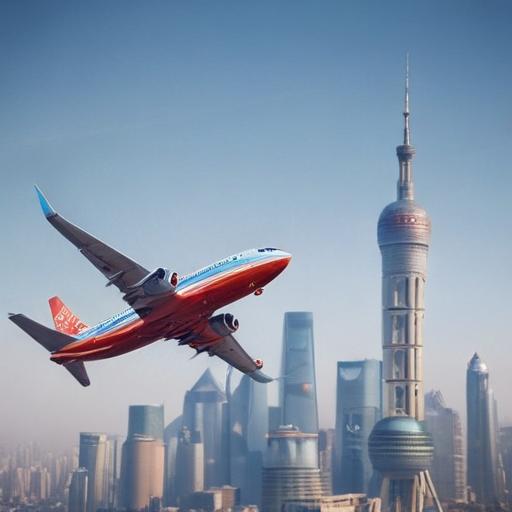Boeing is in talks to sell as many as 500 aircraft to China, a deal that could become a focal point of a broader trade agreement between the United States and China, according to people familiar with the discussions.
Negotiations are still being worked out on which jet models would be included, the total volume, and the delivery timelines. The talks are contingent on an easing of trade tensions that trace back to the Trump administration, the sources said.
The China side has undergone leadership changes at Boeing’s local operations, with Alvin Liu departing in recent weeks and Carol Shen stepping in as interim president of Boeing China.
Context surrounding the potential deal includes China’s prior pause on Boeing orders and then a removal of a ban on deliveries after tariffs were addressed, marking a notable shift in the aerospace trade between the two countries. China’s purchases of Boeing jets were historically significant during Trump’s first term, though a sizable order paused as trade frictions mounted. A similar effort under the Biden administration in 2023 ultimately did not come to fruition. If completed, the China deal would be Boeing’s first major jet purchase there since Trump’s earlier visit.
The backdrop to the stalled trade talks includes a sequence of tariffs imposed early in Trump’s tenure, with broad import duties and targeted levies affecting China’s exports. China implemented retaliatory measures and temporarily restricted purchases of aircraft-related equipment and parts from U.S. suppliers, though some purchases resumed in mid-year as talks progressed.
If the sale advances, it could mark a meaningful thaw in Boeing-China aerospace relations and support Boeing’s ongoing turnaround led by its executive team. The broader outcome could influence Boeing’s supply chain, production scheduling, and market positioning as China’s aviation market continues to expand.
What this could mean for readers
– A potential large-scale Boeing order to China could energize both countries’ aerospace sectors and signal a easing of some trade frictions.
– The deal’s success would depend on sustained diplomatic progress and regulatory approvals from both sides.
– Boeing’s performance in the Chinese market remains a key component of its broader recovery strategy.
Summary
Boeing is pursuing a sizable China sales deal that could anchor a broader U.S.-China trade agreement, with negotiations focused on model mix, quantity, and delivery timing, while broader tensions and leadership shifts in China add layers of complexity. If realized, the move would represent a significant step in thawing Boeing-China aerospace ties and could bolster Boeing’s turnaround efforts.
Additional comments
– A successful deal would likely influence supplier dynamics, currency considerations, and future joint-venture or local-content strategies in China.
– Stakeholders should watch for official statements from both Boeing and Chinese authorities, as well as any policy shifts that could affect future aerospace purchases.
Positive note
– In a period of geopolitical strain, a major aviation agreement could provide a hopeful signal of commerce and collaboration, supporting jobs and economic activity in both nations.
Note: This rewrite focuses on presenting the information clearly and cohesively for a news site, incorporating context from the surrounding aerospace trade environment. If you’d like, I can add a concise slide-friendly break-down or pull-out quotes for a featured box.
